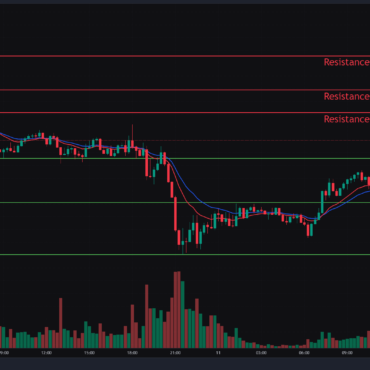In 2012, the Silk Road dark web marketplace thrived as a digital underworld for drugs, hacking tools, and anonymous Bitcoin deals. Law enforcement scrambled to keep pace, but 22-year-old Jimmy Zhong spotted a flaw.
The University of Georgia computer glitch exploited a withdrawal glitch, double-clicking to trick the system into spilling millions. By creating fake accounts, he stole 51,680 bitcoins worth $620,000 then $3.4 billion today and vanished.
The Patient King of Crypto
Zhong didn’t cash out. Instead, he watched his stash balloon as Bitcoin’s value soared. Meanwhile, he masqueraded as a carefree college party boy in Athens, Georgia. He rented private jets, hosted raucous parties, and bought designer wardrobes.
Despite owning a modest bungalow, he splurged on Ritz Carlton stays, Tesla cars, and a lakeside mansion stocked with jet skis and a stripper pole. For nearly a decade, he laundered coins through crypto mixers, hiding billions in plain sight.
A Panicked 911 Call Unravels Everything
In March 2019, Zhong dialled 911, hyperventilating: Thieves had stolen $600,000 in cash from his home. “I’m having a panic attack,” he told dispatchers, fearing his crypto fortune might vanish. Yet the intrutors missed hardware wallets holding 50,000 bitcoins.
Athens police, baffled by the crypto-centric crime, stalled. Zhong hired PI Robin Martinelli, who scoured surveillance footage and tracked his friends. She pinpointed a masked suspect but hit a wall: Zhong refused to believe someone close betrayed him.
IRS Agents Close In With a Digital Paper Trail
Unbeknownst to Zhong, IRS Criminal Investigation agents had chased the 2012 Silk Road hack for years. By 2019, blockchain analysts spotted a slip: $800 of stolen Bitcoin moved to a regulated exchange requiring ID which had Zhong’s name.
In a twist, agents partnered with Athens police, posing as allies to “solve” his robbery. Bodycam footage shows Zhong welcoming them into his lake house, boasting about security systems and a $1 million cash case. He even unlocked his laptop, revealing $70 million in Bitcoin.
Also Read –
The Raid That Rocked Crypto
On November 9, 2021, federal agents stormed Zhong’s mansion. Hidden in a Cheetos popcorn tin, they found 50,000 Bitcoin. Behind false walls and under concrete, safes held gold bars, cash, and early “physical” Bitcoins.
“We found the evidence,” said IRS agent Trevor McAleenan, as cheers erupted. Zhong, stunned, asked if he was “being punked.” Investigators later learnt he’d helped code Bitcoin’s early software; a founder turned thief.
A Light Sentence and Lingering Mysteries
Zhong pleaded guilty, trading cooperation for a one-year sentence. He returned most coins, netting the U.S. government a $3 billion profit. Yet mysteries endure: the 2019 robbery remains unsolved, and Zhong’s dog Chad lives with a friend. “Jimmy wanted to be loved,” Martinelli said.
Instead, his legacy is a cautionary tale: Blockchain’s unerasable ledger doomed him. As Bitcoin’s value climbs, so does the irony. Zhong’s code helped build the system that jailed him.
Written By Fazal Ul Vahab C H




